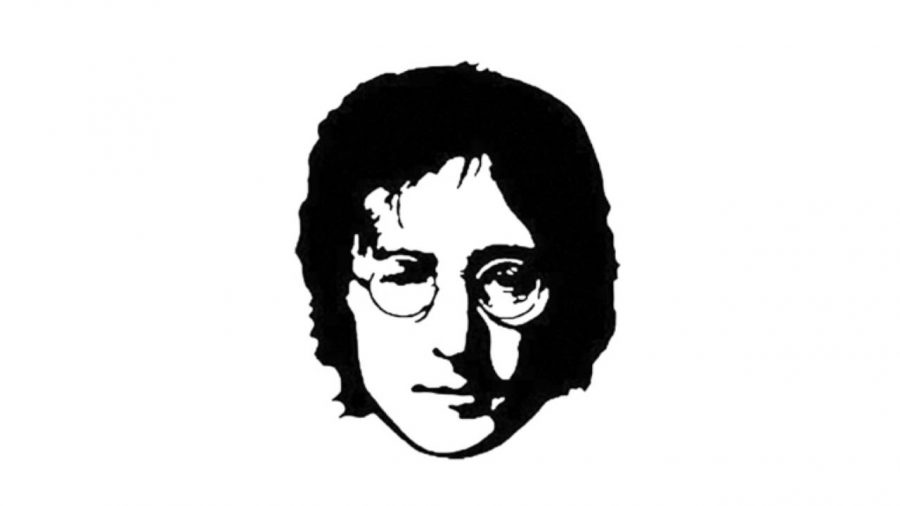The trouble with staging anything about the Beatles is that they’re so well documented, biographers and playwrights have to come at their subjects from ever more oblique angles if they are to say anything interesting about them. Mark St. Germain‘s 2004 play is oblique enough to not even feature a Beatle in its dramatis personae, but it does tap into an intriguing episode – the pursuit and surveillance, by the American authorities, of John Lennon, at the height of his counter-cultural rabble-rousing in New York in the 1970s.
Howard Ballantine and Daniel McClure are FBI agents assigned to follow Ono’s other half, as he goes about his state-bothering business demanding we Give Peace A Chance and telling us that Woman Is The Nigger of the World. Daniel (Ben Adwick) is the rookie, Howard (Paul Broesmith) the hard-bitten one, and both are doing their jobs against the backdrop of their own personal crises. Daniel is feeling the peer pressure of not going to ‘Nam when his father and brother are doing their bit, while Howard’s marriage has just gone down the pan.
The dynamic between the feds is a familiar one, and the two actors fall into it neatly. In truth, the age difference between them is probably not as wide as was intended for the characters, but it doesn’t harm the piece. Adwick captures the wide-eyed idealism of a young man in awe of Lennon, and is good to watch as he runs up against the realities of the job. Broesmith adopts all the trademark mannerisms of an older cop figure very well, but in his terseness, and bone-dry delivery, some of his lines get lost. In fact, there are a few times when the blocking isn’t ideal, and we lose something verbally or visually.
Taking place across a turbulent decade in the US, the play pays attention to wider social issues like the famous Roe vs Wade Supreme Court case on abortion, and drops in contemporary US political references, like the death of FBI head J Edgar Hoover. There are also repeated references to other famous assassinations – the Kennedies and Martin Luther King – and the conspiracy theories surrounding each. It’s not crystal clear what inference, if any, is to be taken from comparisons between Lennon and these. The play has been trimmed to an hour for this, and possibly some signposting has been lost.
That might also explain an awkward scene in which Ballantine and McClure are reacquainted in 1980, shortly before Lennon’s death. The play has fast-forwarded eight years, and the two characters spill out everything that’s happened personally and politically in the interim. Ballantine is now putting his feet up in Florida, while McClure’s career has gone from strength to strength. But the way the two explain this to each other feels rushed and unnatural.
Uneven in places then, but it still makes for interesting viewing, both as a cop drama with a celebrity twist and a Beatles biography with a new angle.
